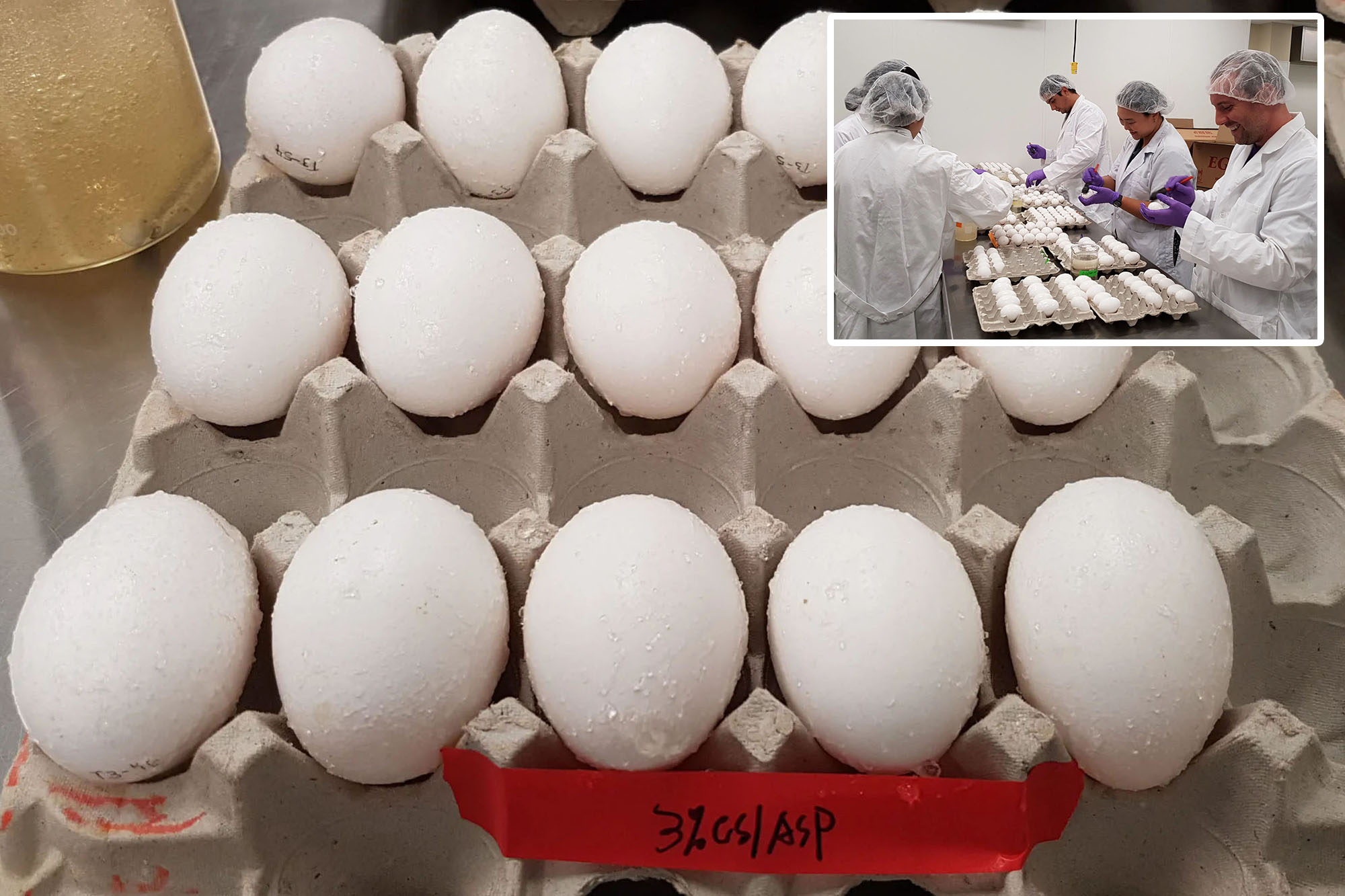How Food Scientists are Keeping Raw Eggs Fresher for Longer

Hey there, fellow food enthusiast! I’m thrilled to share with you a fascinating innovation in the world of food preservation that could change how we store our beloved raw eggs. If you’re like me, you probably appreciate the simplicity and versatility of eggs. They’re a staple in most kitchens, perfect for whipping up a quick breakfast or crafting an elaborate dish. But let’s face it, keeping them fresh can sometimes be a challenge. That’s why when I heard about this breakthrough from Louisiana State University, I knew I had to dive deeper and share it with you.
Now, imagine being able to keep your eggs fresh for up to seven weeks at room temperature without sacrificing quality or safety. Sounds almost too good to be true, right? Well, thanks to some innovative minds at LSU, it’s becoming a reality. As someone who loves experimenting in the kitchen and values food safety, I find this news incredibly exciting. Let’s explore how these food scientists have achieved this remarkable feat and what it means for us as home cooks.
Key Takeaways
- LSU researchers developed a method using water-soluble chitosan to extend raw egg shelf life.
- This protective coating can keep eggs fresh for up to seven weeks at room temperature.
- The process is faster and more environmentally friendly than previous methods.
- The technology could also be applied to other foods like chicken and seafood.
The Science Behind Longer-Lasting Eggs
At the heart of this innovation is chitosan, a natural compound derived from the shells of crustaceans. You might already know that chitosan is used as a preservative for fruits and vegetables, but using it on eggs is a newer application. The research team at LSU has discovered that by creating a water-soluble form of chitosan, they can coat eggs with a protective barrier. This barrier effectively slows down moisture loss and prevents bacteria from penetrating the eggshells, thus extending their shelf life significantly.


What’s particularly impressive about this method is its efficiency. Traditional processes involved dissolving chitosan in acidic liquids like vinegar, which took several hours and left a strong odor. However, LSU’s new technique only requires 15 minutes and avoids any unpleasant smells because it uses a water-based solution instead. This advancement not only saves time but also energy—two precious commodities in any kitchen!
The Practical Benefits at Home
You might be wondering how this breakthrough will impact your everyday cooking routine. While the technology isn’t yet available for store-bought eggs, it holds great promise for the future. Imagine reducing food waste by having eggs that last longer without refrigeration during camping trips or emergency situations. Plus, if you’re involved in farming or local produce markets, this could mean offering customers fresher products with less spoilage.

Although it may take some time before we see chitosan-coated eggs on our grocery shelves, this research opens up exciting possibilities. For now, continue storing your eggs in the refrigerator to ensure they remain safe and delicious. But keep an eye out for developments—this is definitely a space worth watching as more companies explore commercializing this technology.

A Broader Impact on Food Preservation
The implications of this discovery extend beyond just eggs. The LSU team has successfully tested their method on other foods such as chicken, catfish, and oysters. By enhancing the shelf life of these perishable items, they’re paving the way for more sustainable food storage practices across various industries. This could lead to reduced waste and better resource management globally—a win-win situation for both consumers and producers alike.

If you’re passionate about sustainability like I am, you’ll appreciate how innovations like these contribute to minimizing our environmental footprint. By improving how we preserve perishable foods, we can collectively make strides toward combating food scarcity issues worldwide while ensuring our meals remain fresh and flavorful.
Final Thoughts
I hope you’re as intrigued by this groundbreaking research as I am! It’s always inspiring to see science working hand-in-hand with culinary arts to improve our everyday lives. With continued advancements like these from dedicated scientists around the world, who knows what other kitchen staples might soon be revolutionized? Until then, let’s celebrate those small victories—like perfectly cooked scrambled eggs—while eagerly anticipating what lies ahead in food innovation.

